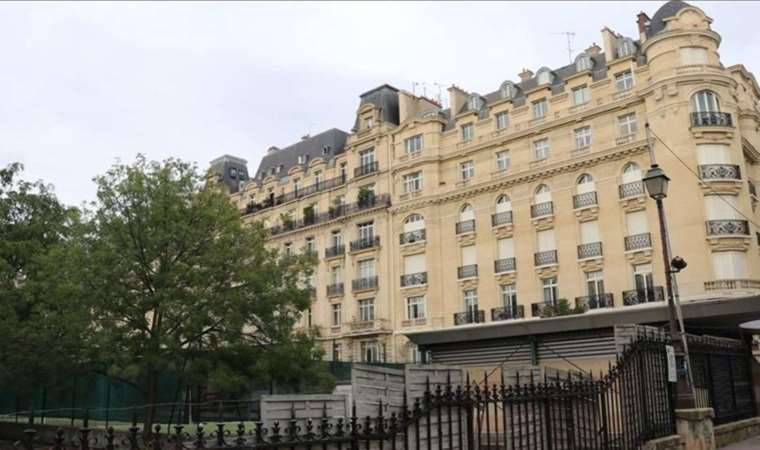Resource-Rich Gabon fails to share wealth with its people
Despite its abundant natural resources, Gabon, a Central African nation, harbors a substantial population living in poverty.

The country boasts a Gross Domestic Product (GDP) per capita of €7,960 ($8,600) with a population of 2.4 million. It possesses significant reserves of oil, manganese, and timber.
However, over one-third of its population lives below the poverty threshold of €5.1 per day.
Former President Ali Bongo and the ruling elite have amassed substantial wealth over decades, with assets totaling hundreds of millions of euros in France and other countries.
900,000 LIVING IN POVERTY
Gabon's GDP grew by 3% in 2022, according to the African Development Bank (AfDB). However, a staggering 39.2% of the population, equivalent to 900,000 people, still live below the poverty line, alongside a high unemployment rate of 30%.
Many young Gabonese seek better opportunities abroad, and those who aspired to return after studying abroad were disheartened by the government's decision to suspend civil servant recruitment until August 2021, except for the Defense, Education, and Health Ministries.
In 2022, approximately half of Gabon's population lacked access to clean water, according to the AfDB. While 90% of city dwellers had access to electricity, 70% of rural residents were without it.
Healthcare services remain inadequate due to shortages of medical personnel and equipment in hospitals, while schools face a shortage of teachers and suffer from weak infrastructure.
The opposition party New Power, led by Privat Ngomo, has decried the detrimental effects of "Francafrique" (a term alluding to France's influence in its former African colonies and its relations with them) and France's exploitative policies targeting wealth in the region since the 1960s.
Ngomo asserted that if Gabon could fully harness its resources and free itself from the Franc CFA currency, it could become a "tropical mini-Switzerland."
THE BONGO CLIQUE'S WEALTH
A group of military officers led by Gen. Brice Oligui Nguema took control of Gabon on August 30, annulling the election results and placing President Ali Bongo under house arrest. Nguema, who is also Bongo's cousin, was appointed chief of the transitional government on the same day.
The coup followed the Gabonese Election Center's official announcement of results, indicating Bongo's victory with 64.27% of the vote.
Ali Bongo held power for nearly a decade. His father, Omar Bongo, assumed the presidency in 1967 and ruled until his death in Spain in 2009.
Although it appears that the "Bongo dynasty" that governed for 55 years has come to an end, the enormous wealth accumulated during their reign has increasingly come under scrutiny.
The French judiciary estimated the Bongo family's wealth at €85 million, while journalist Fabrice Arfi of the online daily Mediapart accessed family documents after Omar Bongo's death in 2009, suggesting the real value was approximately €460 million.
The Bongo family owns at least 40 properties in upscale areas of Paris and the southern city of Nice, as well as luxury vehicles.
In a 1999 investigation, an American senate sub-committee claimed that Omar Bongo held $130 million in his Citibank account.
In a probe initiated in 2007, nine members of the Bongo family were investigated for illicit gains and real estate acquisitions. They also faced allegations of misusing public funds and corruption since 2022.
The Paris Appeal Court concluded that the money was the result of corruption linked to the oil company Elf Aquitaine, which later became TotalEnergies.
In 2021, French bank BNP Paribas faced investigation for "corruption laundering and misuse of public funds." The bank was accused of not reporting suspicions between 2002 and 2009 regarding the "unusual operations" of an account held by a French interior design company. This company was responsible for refurbishing the Bongo family's furniture for several million euros, as reported by the French daily Le Monde.
